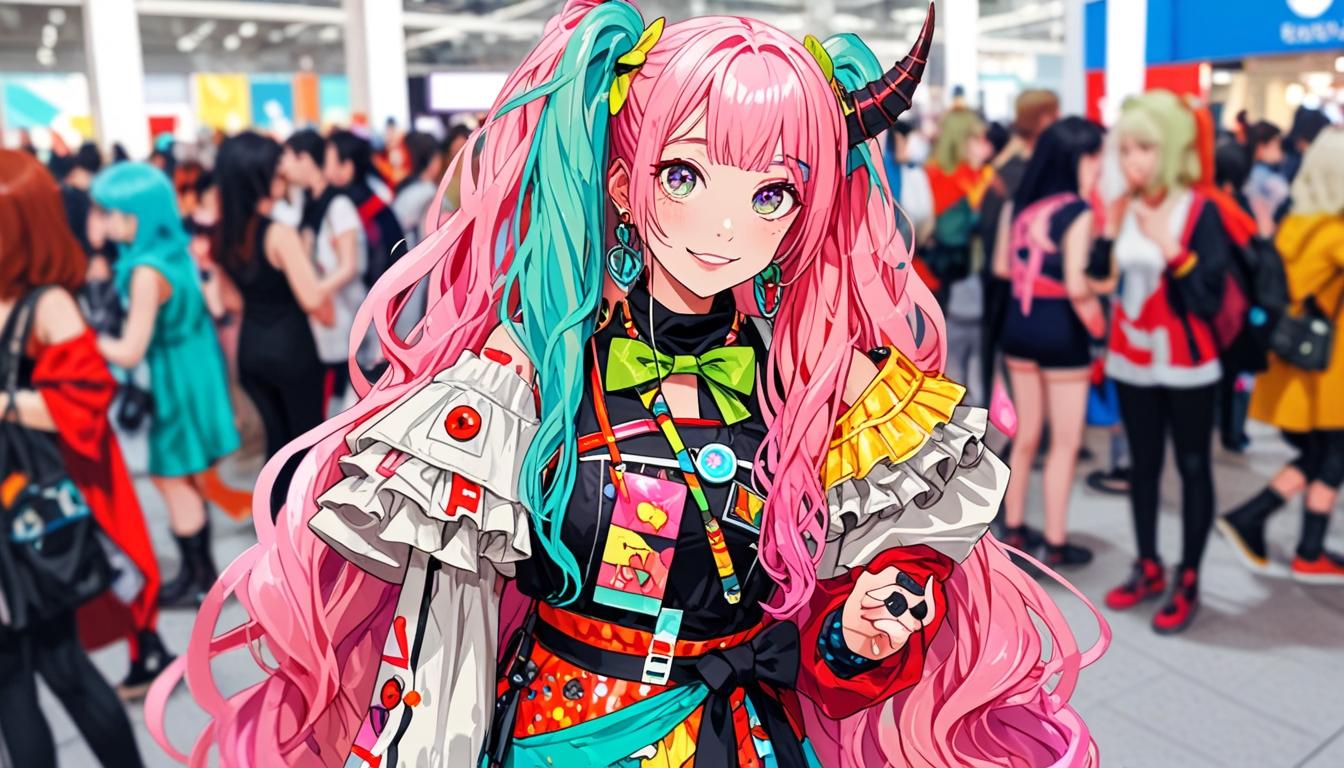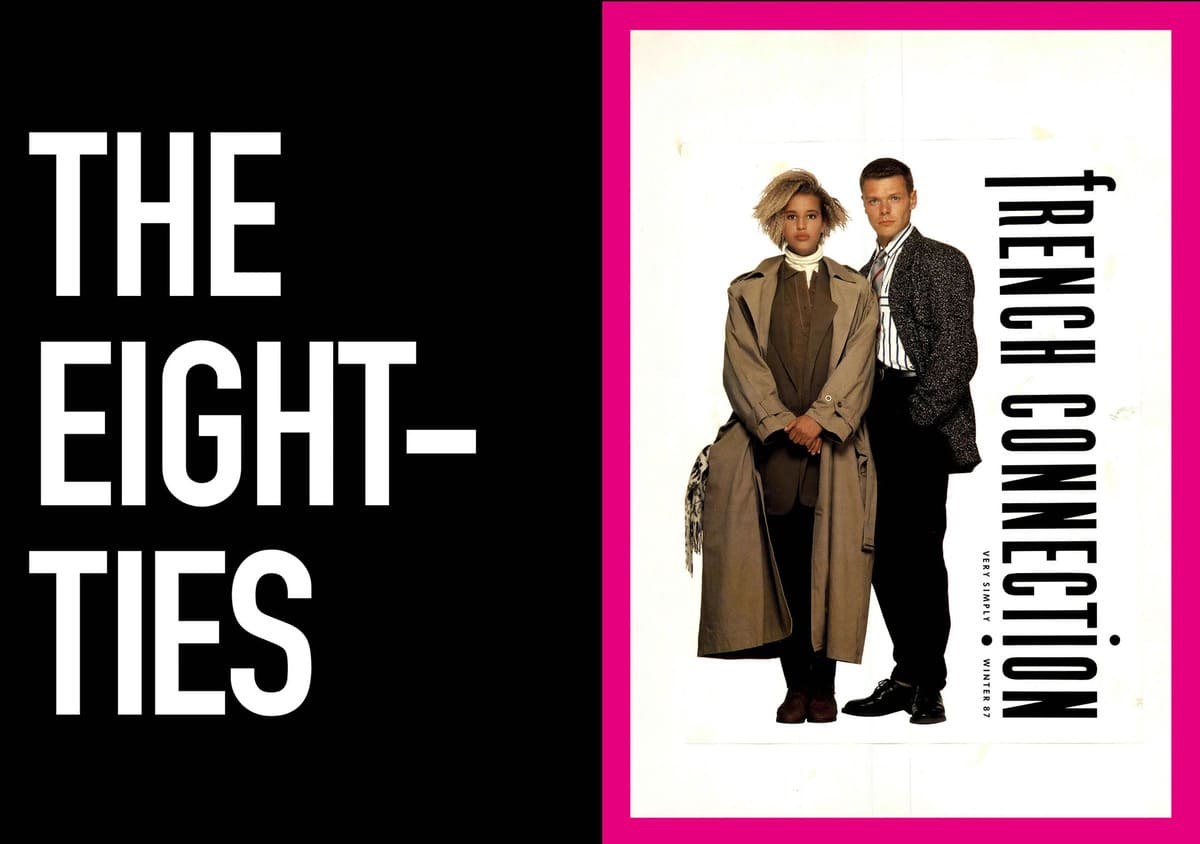As Denver’s anime community thrives, concerns over the environmental impact of fast fashion and its intersection with fandom culture emerge, prompting a call for more sustainable practices among fans.
Denver’s vibrant anime culture, characterized by conventions like FAN EXPO Denver and Nan Desu Kan, draws thousands of fans eager to celebrate their favorite shows and characters through cosplay and themed attire. However, this growing enthusiasm has raised concerns about the environmental impact of the fast fashion industry, particularly as it intersects with fandom culture.
The surge in demand for anime-inspired clothing, often produced with low-quality materials and unsustainable practices, contributes significantly to textile waste, which has become a pressing global issue. The 303 Magazine highlights that even in a city known for its eco-conscious ethos, the anime fashion frenzy results in notable environmental consequences, echoing concerns around fast fashion’s broader footprint.
A significant factor in this synchronization of fast fashion and fandom is the role of social media. Platforms like Instagram and TikTok continually promote new cosplay trends, leading fans to feel an ongoing need to update their wardrobes. This can create a cycle of overconsumption, where individuals feel pressured to acquire new costumes for each convention, rather than finding ways to reuse or adapt existing attire. The article states that “the pressure to present the ‘perfect’ version of a character can lead to a mindset of excess,” a movement reflected throughout mainstream fashion.
Limited-edition releases and nostalgia-driven products further exacerbate this problem, as brands often capitalize on fans’ fears of missing out (FOMO), prompting them to make impulsive purchases that contribute to waste. The fast pace of the industry means that many items fall apart or end up discarded within a short time frame.
Yet, there are avenues for change within the community. The article notes that many renowned cosplayers gain recognition not through expensive purchases, but by reworking and upcycling materials to create unique looks. This calls into question the prevailing notion of consumption in fandom, emphasizing creativity and resourcefulness instead. Denver is home to a range of local businesses that offer ethical, eco-friendly alternatives, such as screen-printed designs on sustainably sourced apparel.
For fans seeking to make more environmentally conscious choices, the article provides several strategies. These include rewearing and restyling existing outfits, exploring the diverse options available at thrift stores like Strawberry Mountain and ARC Thrift Stores, and supporting local artists who prioritize ethical production methods. Additionally, hosting cosplay swap meets can foster community engagement while promoting sustainability by facilitating costume and accessory exchanges.
In essence, while the allure of new anime apparel offers instant gratification, the article argues that a shift towards a more sustainable approach can be beneficial for both individual fans and the broader community. By prioritizing creativity and collaboration over consumption, Denver’s anime enthusiasts have the potential to redefine the cultural landscape, merging their passion with conscious consumerism that honors both artistry and environmental stewardship. This emerging focus on sustainable fashion in fandom provides a way for fans to proudly represent their favorite characters while also caring for the planet.
Source: Noah Wire Services



